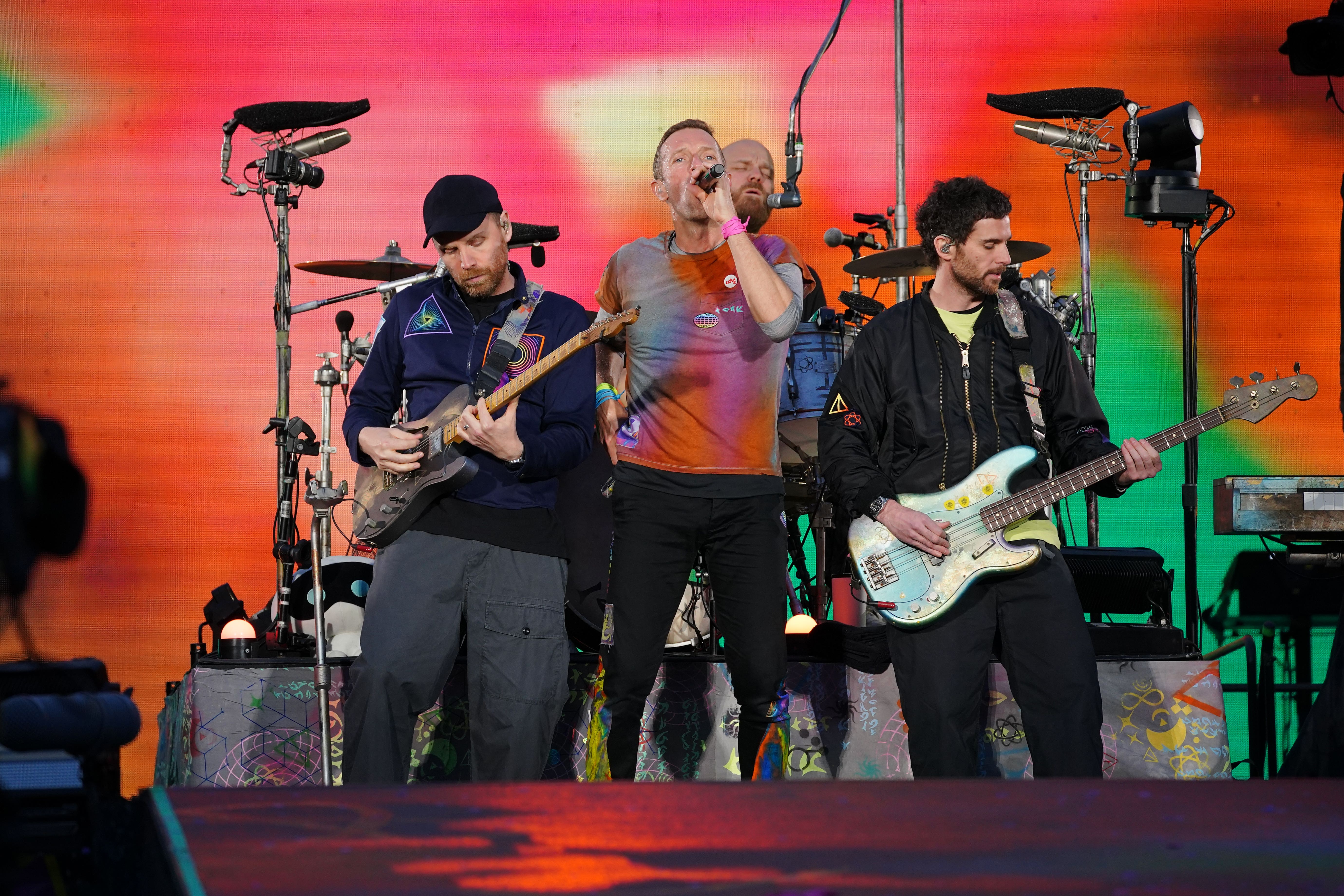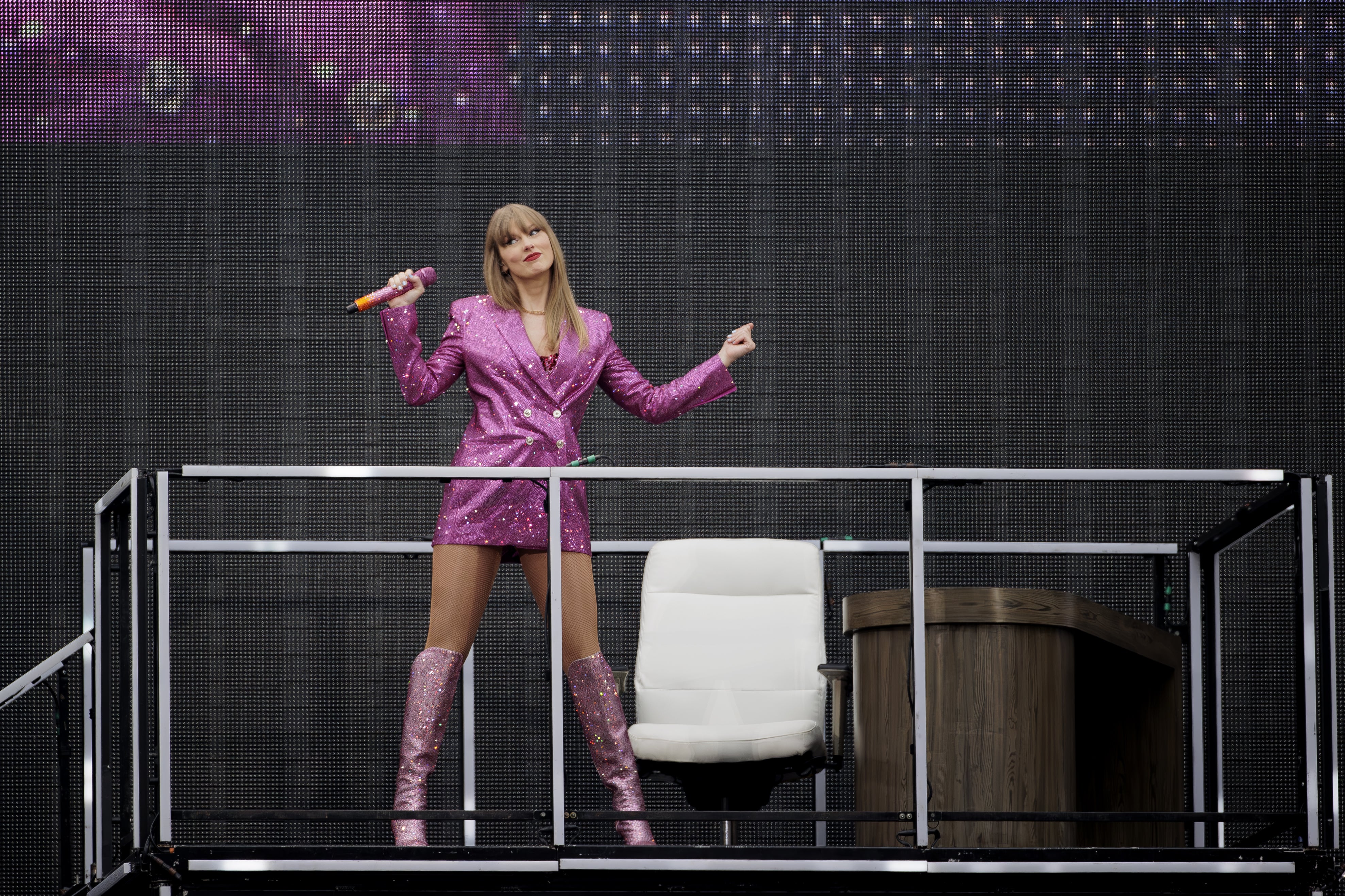Live music contributed record £6.1bn to UK economy last year
Direct concert revenues made up three-quarters of the total, boosted by the tours of artists including Beyonce, Sir Elton John and Coldplay.

Your support helps us to tell the story
From reproductive rights to climate change to Big Tech, The Independent is on the ground when the story is developing. Whether it's investigating the financials of Elon Musk's pro-Trump PAC or producing our latest documentary, 'The A Word', which shines a light on the American women fighting for reproductive rights, we know how important it is to parse out the facts from the messaging.
At such a critical moment in US history, we need reporters on the ground. Your donation allows us to keep sending journalists to speak to both sides of the story.
The Independent is trusted by Americans across the entire political spectrum. And unlike many other quality news outlets, we choose not to lock Americans out of our reporting and analysis with paywalls. We believe quality journalism should be available to everyone, paid for by those who can afford it.
Your support makes all the difference.The live music sector made a record contribution to the UK economy in 2023, as sold-out tours from the likes of Coldplay, Elton John and Beyonce buoyed ticket sales and hospitality around venues.
New analysis shows the industry’s economic impact was £6.1bn last year, a 17 per cent uplift versus the previous year, helped by a post-pandemic rush to see big artists play in person again.
The research by Live, the body which represents the industry, said the figure was also a 35 per cent increase on figures from 2019, before pandemic-induced lockdowns.
We cannot forget that urgent action is needed to support the many grassroots venues, artists, and festivals which continued to struggle last year
The figures were drawn up by combining the economic output of 55,000 gigs, concerts and festivals.
Direct concert revenues made up three-quarters of the total, boosted by the tours of artists including Beyonce, Elton John and Coldplay.
The research comes days after the impact of live music was underlined again by the reunion of Britpop giants Oasis, prompting a rush for tickets over the weekend for a tour next year, which sold out in hours.
Taylor Swift’s Eras tour this summer even prompted suggestions by some economists that it could have affected the UK’s overall rate of inflation and, by extension, the Bank of England’s base interest rate, so seismic was its economic effect on cities where she performed.

But it also follows a year in which grassroots music continued to be hollowed out by the cost of living crisis and other factors, with 125 grassroots music venues permanently shutting in 2023, Live said.
The organisation said the government should cut the rate of VAT, currently 20 per cent, for live music tickets, calling it “damaging and uncompetitive compared to other European markets”.
Steve Lamacq, chair of Live and a BBC radio DJ, said: “Our live music sector is world-class offering concerts, festivals, gigs and more to suit every music taste.
“Last year, we saw much of the live music sector triumph over adversity; faced with a spike in costs as a result of inflation, the cost of living crisis and labour shortages, fans had more concerts and festivals than ever to enjoy.
“However, we cannot forget that urgent action is needed to support the many grassroots venues, artists, and festivals which continued to struggle last year.”